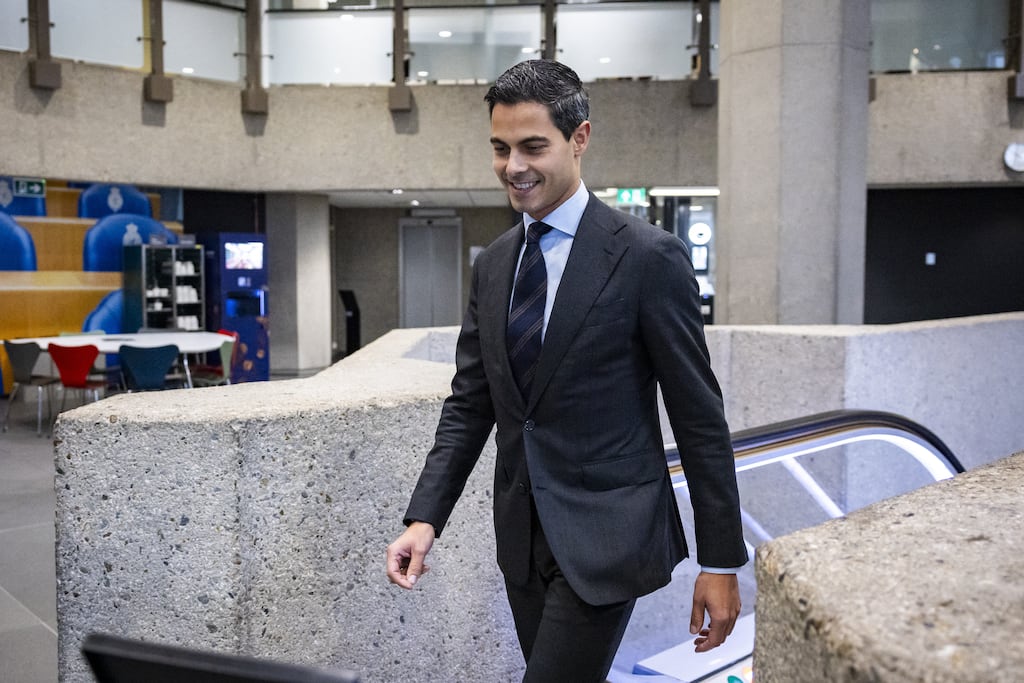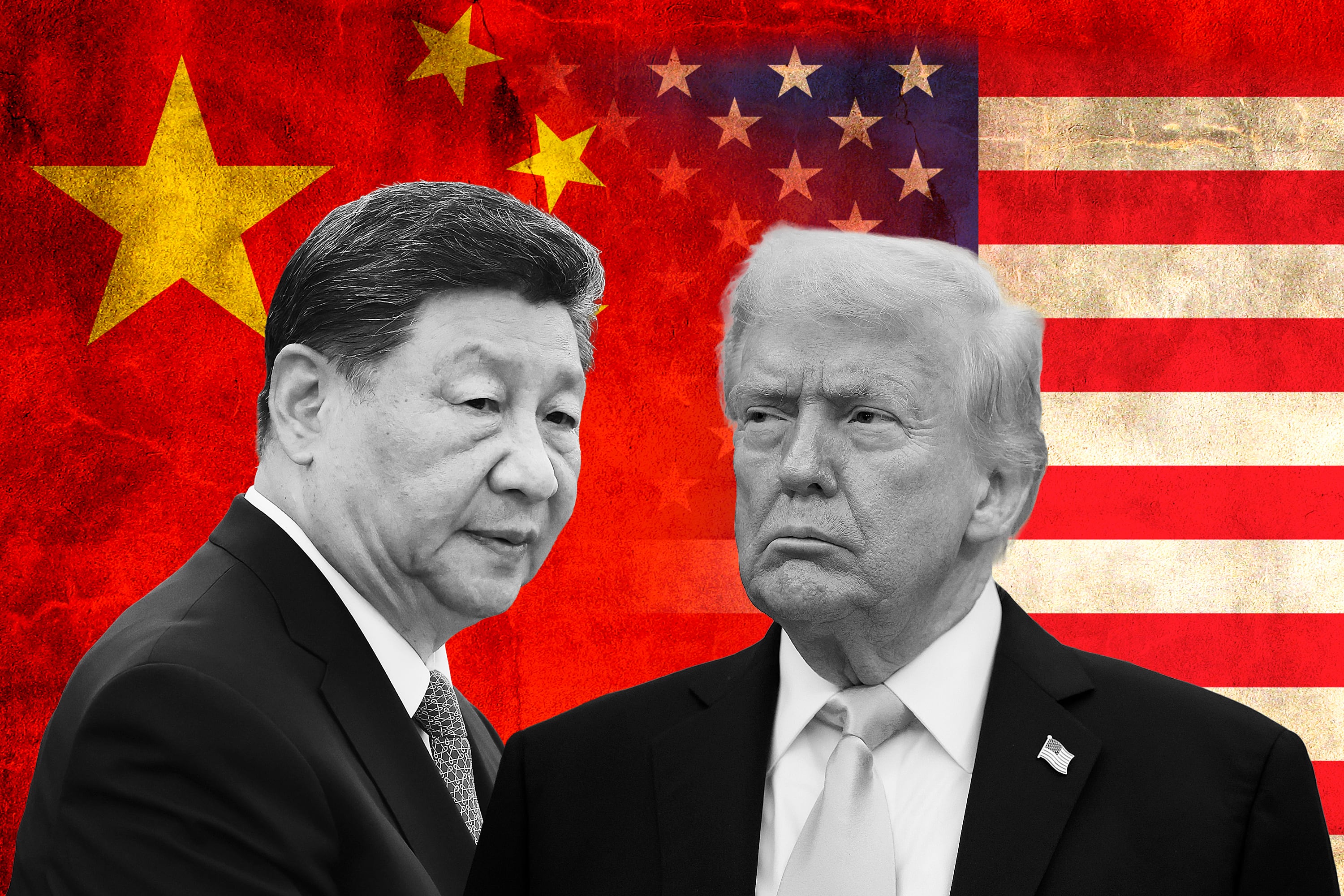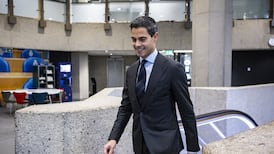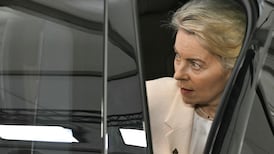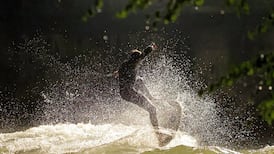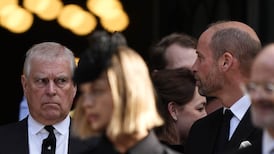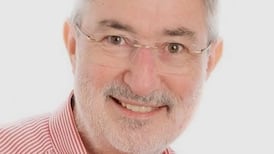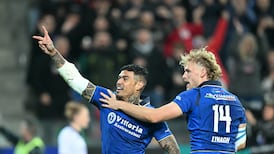Rob Jetten entered politics as a teenager determined to heal social divisions after some of his football team-mates were convicted for setting an Islamic school on fire.
Now, at 38, he is attempting to replicate that at a national level following a brief and chaotic experiment with a government led by the far right. If he succeeds in forming a coalition, Jetten would become the Netherlands’ youngest premier – and the first who is openly gay.
The liberal politician last month propelled his left-leaning D66 party from fifth to first with a message of hope and unity emulating Barack Obama, including his campaign slogan Het kan wél (“It is possible” or “Yes we can”). He will need that same energy in coming months to persuade potential allies to overcome their differences and join his government.
In 2004, when Jetten was 17, anti-Islam provocateur and movie maker Theo van Gogh was murdered by a radicalised Dutch-Moroccan national – a pivotal moment that paved the way for the rise of the far right. An Islamic primary school in Jetten’s home village of Uden was burned down soon after, with local youth gangs blamed for arson. Six boys were arrested, four of whom were later convicted for the attack.
READ MORE
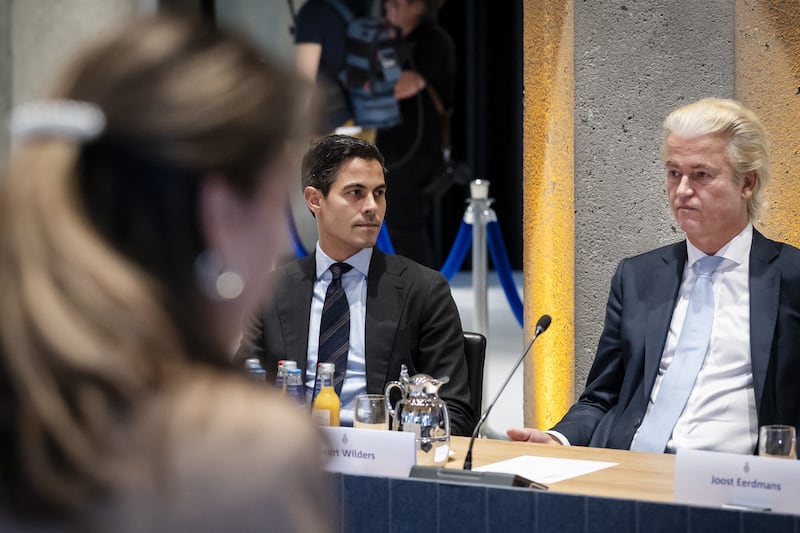
Jetten said he knew some of the accused: they were football team-mates. He turned into an activist overnight, bringing together youths from different communities and showing a different side of Uden to the media.
“We were talking about young guys, trying to look cool by misbehaving and ‘making fun’ of Muslims, but ... actually they had no idea what they were doing,” he told the Financial Times.
“So I wanted to show the world that our village was much more than what you read on the front pages.”
The murder of Theo van Gogh was a fork in the road for Dutch politics: while Jetten went on to join the D66 party, Geert Wilders – up until that point a member of the centre-right establishment – railed against the Koran and founded his anti-Islam Freedom Party, which won the 2023 parliamentary elections.
This year, D66 beat the Freedom Party by a margin of just 26,000 votes, with Wilders – who lives under police protection due to the death threats – still an influential figure in the Dutch parliament.
A charismatic leader who, despite differing opinions, always engages constructively and with genuine respect
— Jozef Sikela
After his election victory in 2023, Wilders eventually abandoned his claim to premiership, allowing others to join the Freedom Party in a coalition government. But the cabinet led by former intelligence chief Dick Schoof collapsed in June after just 11 months amid disputes over Wilders’s push to tighten migration rules.
In the run-up to the snap election, the Freedom Party led in opinion polls, with the race shaping up as a fight for second place between the Greens/Labour alliance and the Christian Democrats. The two parties had pledged to form a coalition and keep the far right out of power.
Jetten, despite D66 polling fifth, remained confident of his chances. He launched the campaign at a party conference with the backdrop of a huge Dutch flag, saying he was reclaiming it from the far right.
The former energy minister shelved talk of fighting climate change – a red rag to protesting farmers – and pivoted to immigration caps, tougher rules for failed asylum seekers, and housing pledges.
“He went on a road trip across the Netherlands to places where D66 did not have much support and talked to people. Seven per cent of our votes came from the Freedom Party,” a D66 spokesperson said.
He also drew on his early activist years: after anti-immigrant protesters torched a D66 office, he invited some to contact him for a conversation.
[ Geert Wilders didn’t lose the Dutch election - he had already wonOpens in new window ]
Jetten told the Financial Times he had no truck with extreme right rioters displaying Nazi symbols. But there were also “frustrated people that went to the demonstration without using violence. If we ignore or neglect these people, the anger will only grow”.
One accepted, leading to a televised debate on the popular talkshow Eva.
Two other fortunate TV moments helped propel his campaign. When Wilders withdrew from a televised debate after receiving death threats, Jetten – a skilled speaker – stepped in and seized the moment.
The campaign also overlapped with his run to the final of the popular TV quiz The Smartest One. Almost two million viewers watched him display his knowledge and details of his personal life, as he revealed plans to marry Argentina’s professional field hockey player, Nicolás Keenan, next year.
The series was filmed well before the snap election. Jetten said he had declined seven invitations to appear, before being persuaded by his assistant. “I was sure that I wouldn’t even survive one episode,” he said.
Jozef Sikela, now an EU commissioner and Jetten’s former counterpart as Czech energy minister in 2022, said he was a “charismatic leader who, despite differing opinions, always engages constructively and with genuine respect”.
[ The Dutch election: a setback for the far-rightOpens in new window ]
Jetten’s guilty pleasure after long negotiations in Brussels was to stop for a McDonald’s en route back to The Hague, one former aide said. It was a rare indulgence for a sports fanatic who once held a national youth title in the 400 metres and trained with Olympic medallists.
A Feyenoord fan, he still runs regularly and kickboxes. “It’s the one hour he has when he doesn’t think about politics,” said the D66 spokesman.
The challenge, some say, is his inscrutable facade. “It’s very difficult to grasp what is in his head. He doesn’t often speak his mind,” one Dutch official said. “That can make it difficult to work with him.” – Copyright The Financial Times Limited 2025
